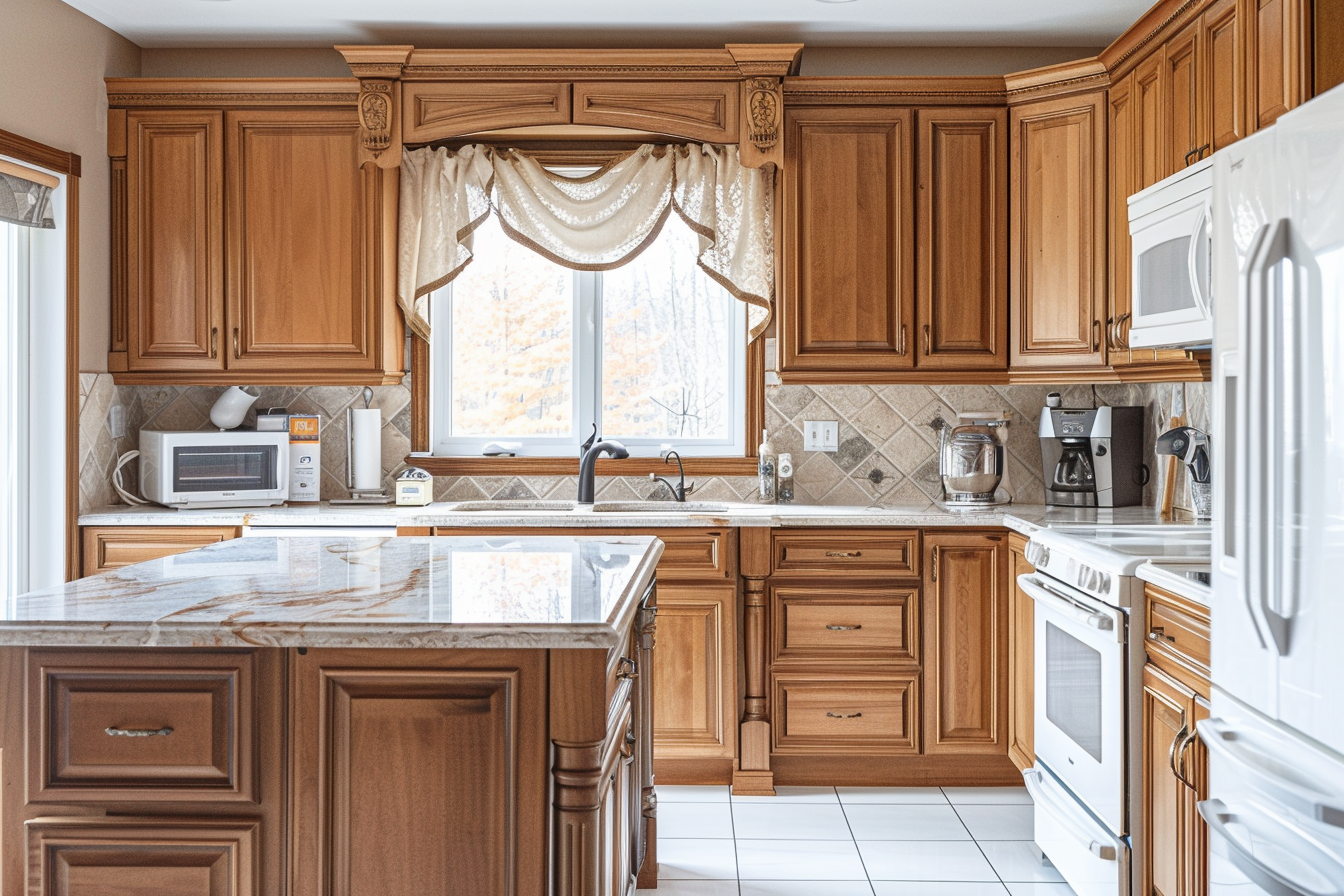Putting your home on the market can be daunting, especially if your budget doesn’t stretch to major updates or renovations. You might be wrestling with whether to offer potential buyers an allowance to make these upgrades themselves, or to give a discount on the selling price. Both options can be attractive to buyers for different reasons, and choosing the right one can significantly influence the sale process and outcome.
In this post, we assume a starting listing price of the same amount as other homes in the market that have been likely updated or built more recently. We’ll dive deep into when it’s a good idea to offer an allowance or a discount, how much you might consider offering, and explore some alternatives to these options. Let’s find the best strategy for selling your home successfully!
Should You Worry About Updates Before Selling?
Before diving into whether an allowance or discount is your best bet, consider the current market in your community. If homes are selling like hotcakes with little to no updates, you might not need to offer any incentives at all. The real estate market can vary significantly from one neighborhood to another. If buyers are snapping up homes in “as-is” condition, spending money on updates or offering financial incentives might not be necessary, especially when you risk updating the home in a way that doesn’t appeal to most buyers.
Offering an Allowance for Upgrades
An upgrade allowance is essentially a sum of money that you offer to potential buyers to help cover the cost of renovations or repairs. This can be particularly appealing to buyers who like the idea of customizing their new home but might be short on immediate funds following the purchase.
When to Consider an Allowance
- Customization Appeal: If your home’s design or condition is very specific and might not appeal to the general market, an allowance allows buyers to personalize the space to suit their tastes.
- Competitive Edge: If similar homes in your area are updated, an allowance can make your less-updated property more appealing.
- Market Expectations: In a buyer’s market, where options are plentiful and competition is fierce, an allowance can be a compelling differentiator.
How Much to Offer
Typically, the amount should reflect the cost of the updates needed. For instance, if the living room is in need of fresh carpet, which could cost between $2,000 and $3,000, you might consider offering a portion of this cost as an allowance. That way, the new buyers can have it replaced or use it as part of the payment they would make to upgrade to luxury vinyl or hardwood.
Offering a Discount on the Sale Price
Alternatively, you might consider reducing your asking price to reflect the home’s condition. This can be simpler and more straightforward than negotiating allowances. The discount
Why Choose a Discount?
- Immediate Attractiveness: A lower price can attract more buyers quickly, which is crucial if you need to sell fast.
- Less Hassle: Reducing the price, rather than offering an allowance, removes the need for buyers to oversee renovations, which can be a daunting task for some. Instead, a discount can attract buyers who are more prepared to do the work of updating the home or living with the current finishes.
Alternatives to Allowances and Discounts
If neither an allowance nor a discount seems quite right, consider these strategies:
- Basic Improvements: Sometimes, simple improvements can greatly enhance appeal without a hefty investment. Consider decluttering, deep cleaning, and applying a fresh coat of paint. These tasks can significantly brighten up your home and make it more inviting without breaking the bank.
- Staging: Proper staging can make even an outdated home look charming and move-in ready by highlighting the home’s best qualities and presenting a potential décor scheme for the home’s interior.
Conclusion
Deciding between offering an allowance, a discount, or opting for an alternative strategy depends heavily on your local market conditions, the specific needs of your home, and your personal circumstances. By understanding the preferences of potential buyers in your area and making judicious use of the resources at your disposal, you can navigate the sale of your home with confidence and success.
Would you like more detailed information on any of the alternatives mentioned, or need further assistance with another aspect of selling your home in Southeastern North Carolina? Please reach out to us.






